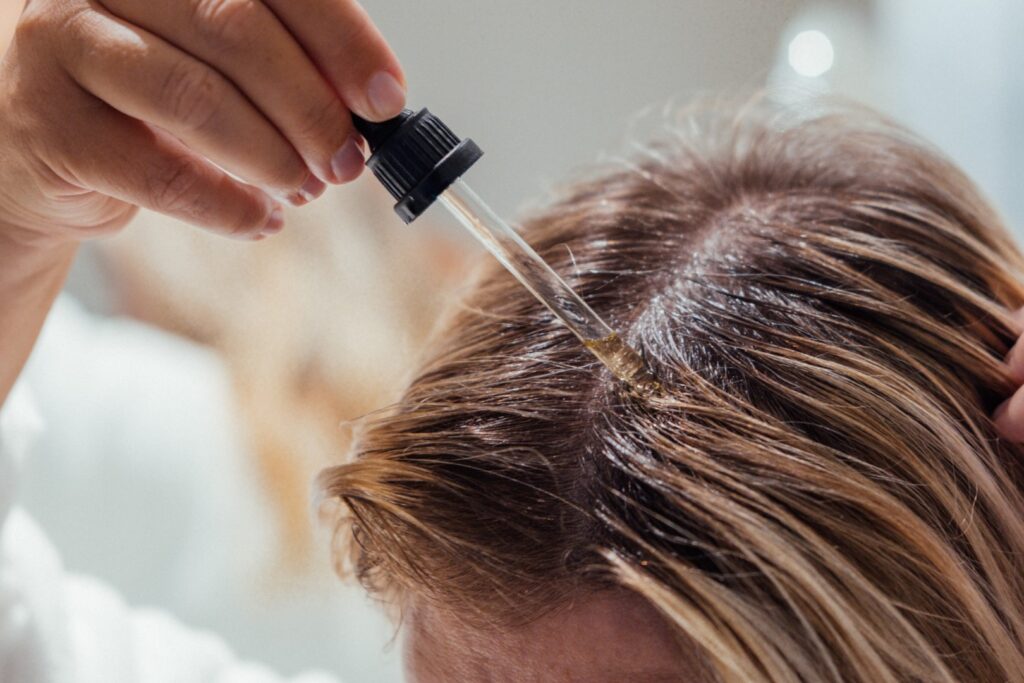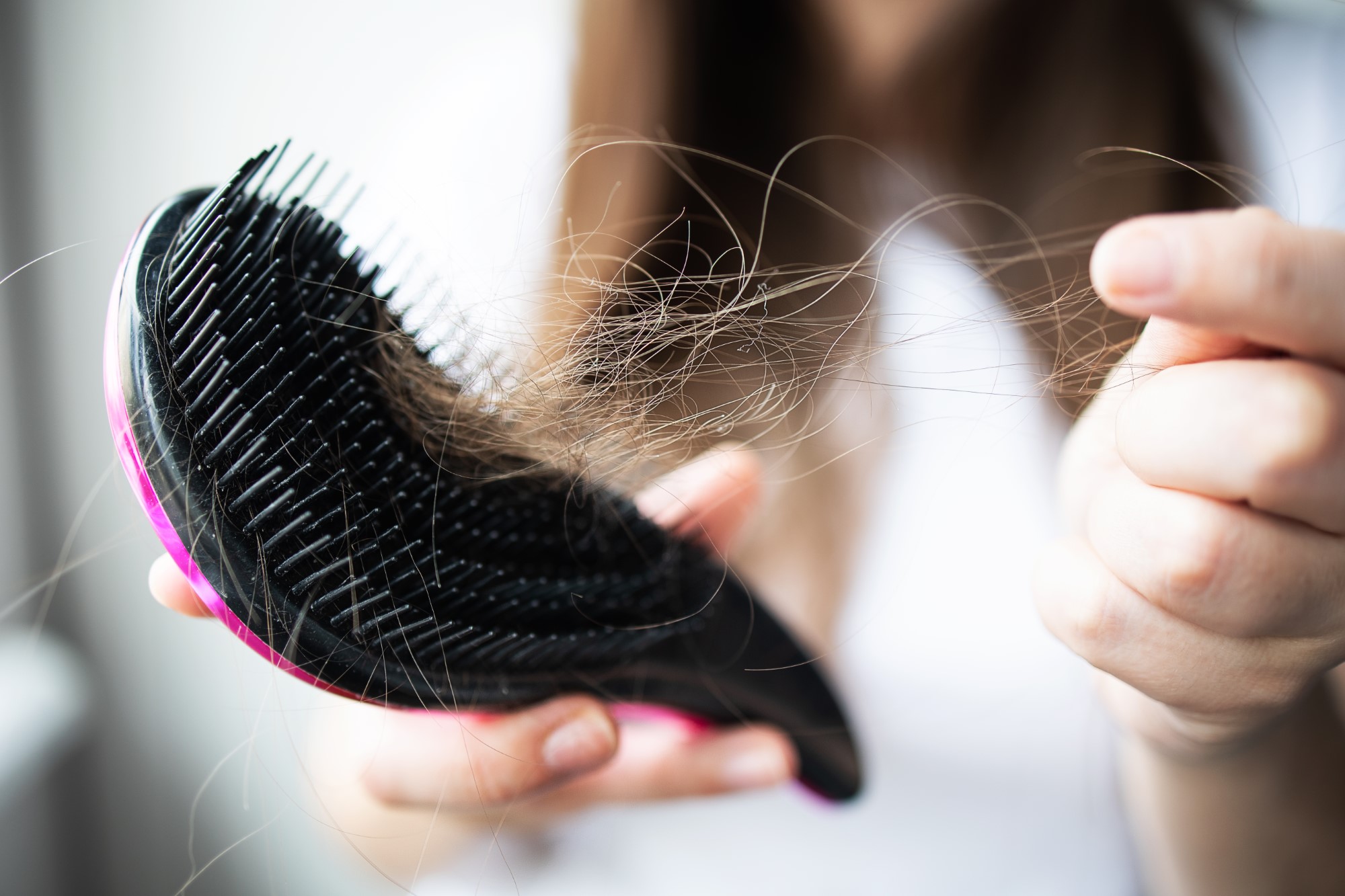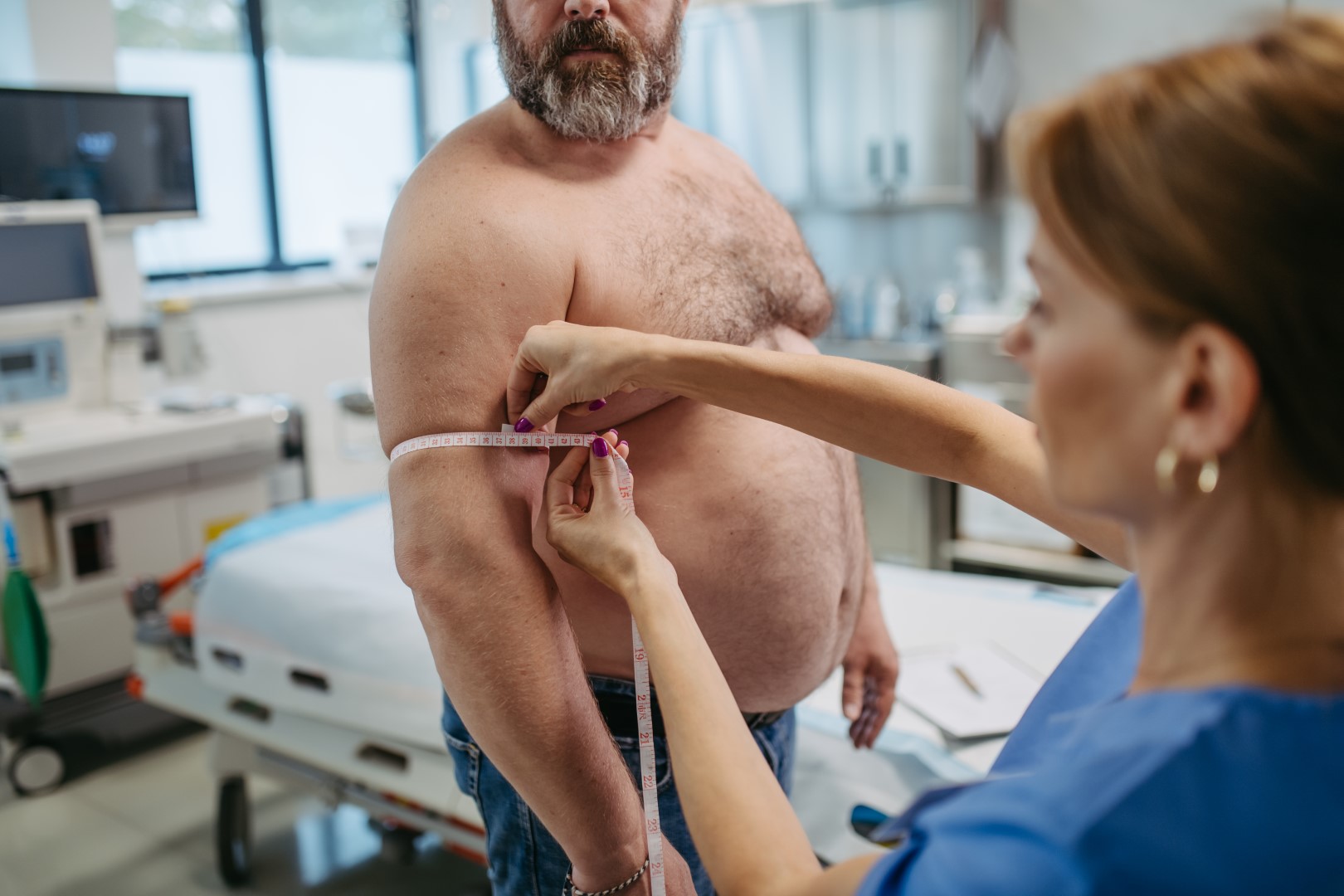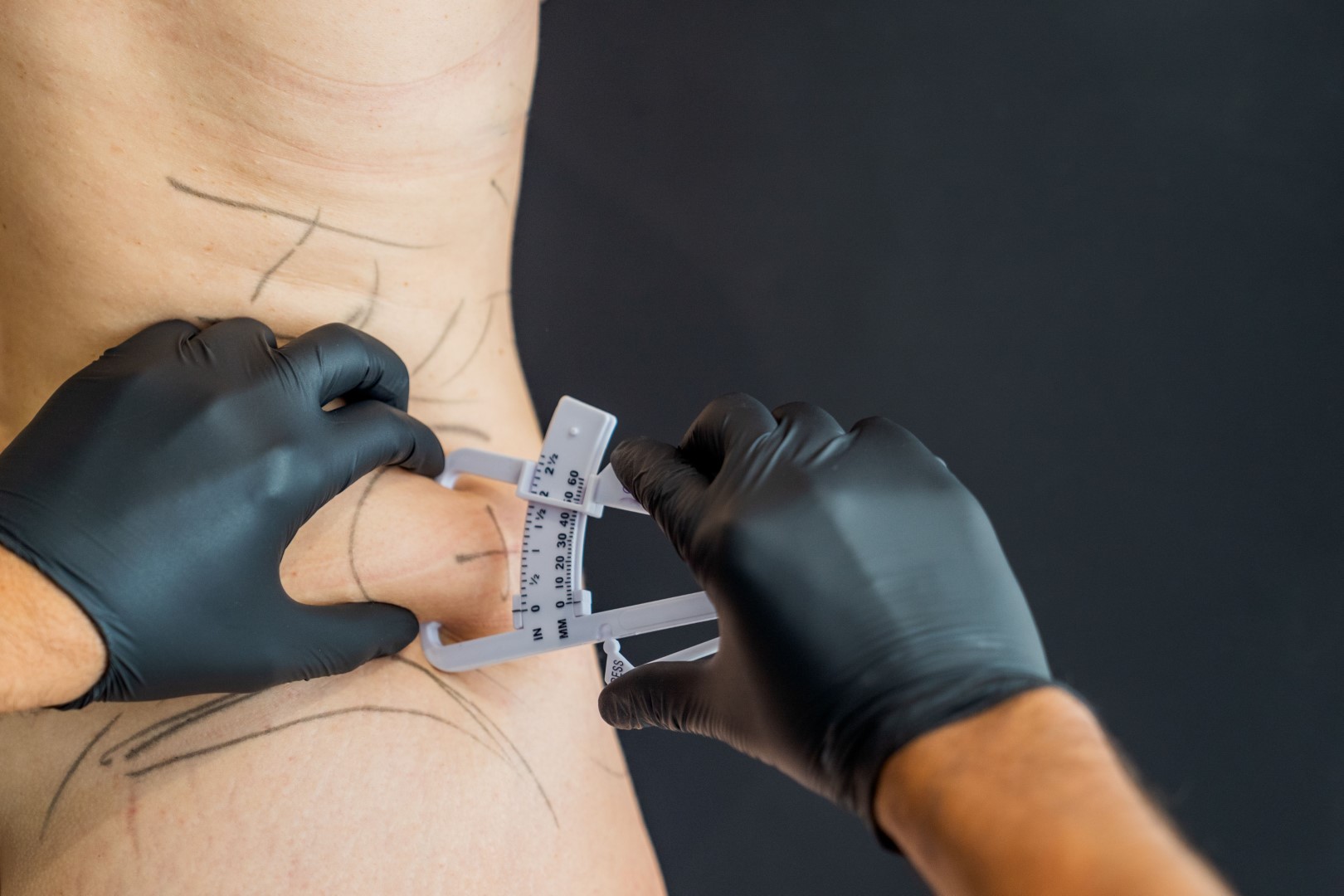The bariatric surgery represents an important step toward health and wellness for those struggling with severe obesity. However, along with the significant physical benefits that this intervention provides, such as weight loss and improved health, temporary side effects can also arise, including the hair loss.
The hair loss after undergoing bariatric surgery is a common phenomenon that can generate concern and anxiety among patients. It is essential to understand that this hair loss is a transitory phase and part of the body's adaptation process to the metabolic and nutritional changes that occur after surgery.
In this blog post, we will explore hair loss in detail. post-bariatric surgeryWe will provide essential information to understand this phenomenon and offer practical advice on how to manage it effectively. In addition, we will highlight the importance of proper nutrition and hair health in the recovery process.
Our goal is to provide support and reassurance to those facing this challenge, helping them to confidently navigate this transitional phase in their journey to a healthier, more fulfilling life after the bariatric surgery.
Understanding Hair Loss After Bariatric Surgery
Hair loss after undergoing hair loss surgery bariatric surgery is a phenomenon known as telogen effluvium. This type of hair loss is characterized by a decrease in the hair growth phase and an increase in the resting phase, resulting in more hair loss than usual.
This telogen effluvium can occur between three and six months after the bariatric surgery and may last for several months before the hair begins to grow back normally. It is important to note that this hair loss is temporary and usually resolves itself over time.
The exact cause of hair loss post-bariatric surgery is not yet fully understood, but is believed to be related to several factors. Bariatric surgery can lead to changes in hormone levels, temporary nutritional deficiencies, and physical and emotional stress, all of which can contribute to the development of hair loss.
It is important for patients to understand that hair loss can be post-bariatric surgery is a common and temporary side effect. Maintain good communication with the medical team and follow the recommendations. nutritional and hair care can help minimize the impact of this side effect and promote a successful recovery. In the next section, we will explore the relationship between nutrition and hair health after the bariatric surgery.
Nutrition and Hair Health
A proper nutrition plays a key role in hair health after hair treatment. bariatric surgery. After the procedure, it is common for patients to experience changes in nutrient absorption due to the reduction in stomach size and modification of the digestive system. These changes can result in temporary deficiencies of vitamins and minerals that are essential for hair growth.
It is important that patients follow the dietary guidelines provided by their medical team to ensure adequate intake of key nutrients. This may include specific vitamin supplements designed to compensate for common nutritional deficiencies following the bariatric surgeryas the vitamin Dthe vitamin B12the iron and the zincwhich are vital to the health of the hair.
In addition to supplements, a diet rich in lean proteinsThe protein, fruits, vegetables and whole grains can provide the nutrients needed to maintain hair health. Proteins are especially important, as they are the building blocks of hair and help strengthen hair follicles.
Adequate water intake is also crucial to maintain hydration and scalp health. The dehydration can adversely affect the quality of the hair and cause dryness and brittleness.
In addition to nourishment, it is important to take proper care of the hair by using gentle products and avoiding aggressive treatments that can damage the scalp and hair. A HAIR CARE can help minimize hair loss and promote healthy hair growth.
By following a comprehensive approach that includes proper nutrition and appropriate hair care, patients can significantly improve the health of their hair after hair transplantation. bariatric surgery. In the following section, we will provide practical tips for managing hair loss and promoting hair recovery.

Practical Tips for Managing Hair Loss
- Follow a balanced diet: Prioritize foods rich in essential nutrients for hair health, such as proteins, vitamins y minerals. Incorporate foods such as fish, eggs, green leafy vegetables, fruits and legumes in your daily diet.
- Vitamin supplements: Consult with your medical team regarding the need to take vitamin supplements to compensate for possible nutritional deficiencies. Supplements of biotin, vitamin D, vitamin B12, iron y zinc are commonly recommended to promote hair health.
- Adequate hydration: Drink enough water to keep your scalp hydrated and promote healthy hair. Dehydration can contribute to dry and brittle hair, so it is important to stay well hydrated.
- Take care of your hairy skin: Use mild shampoos and avoid products containing harsh ingredients that may irritate the scalp. Gently massaging the scalp during shampooing can stimulate blood circulation and promote hair growth.
- Avoid excessive heat: Limit the use of heat tools such as blow dryers, flat irons and curling irons, as excessive heat can damage hair and cause it to weaken. Always use heat protectants before applying heat to the hair.
- Comb carefully: Use wide-toothed combs and soft brushes to avoid hair breakage. Comb hair gently, especially when wet, to avoid tension and shedding.
- Consider topical treatments: Some topical treatments, such as minoxidilcan help stimulate hair growth and reduce hair loss. Consult a dermatologist to determine if these treatments are right for you.
- Keep a positive attitude: Hair loss after hair transplantation bariatric surgery is temporary and usually reversible. Keep a positive attitude and be patient while waiting for your hair to recover. In most cases, hair will grow back in a healthy manner with time and proper care.
In summary, the hair loss after the bariatric surgery may be a valid concern for many patients. However, it is important to understand that this phenomenon is common and usually temporary. By understanding the factors that contribute to hair loss and following proper hair care practices, it is possible to minimize its impact and promote a successful recovery.
The nutrition plays a crucial role in the health of the hair after hair loss. bariatric surgery. Prioritize a balanced diet and take vitamin supplements can help prevent nutritional deficiencies and promote hair growth. In addition, proper scalp care and the use of gentle products can help maintain hair health and reduce hair loss.
It is important to remember that the hair loss after bariatric surgery is usually temporary and reversible. Maintaining a positive attitude and being patient during the recovery process is critical. With time and proper care, most patients will experience improved hair health and enjoy healthier, more vibrant hair.
If you are experiencing significant hair loss or have concerns about your hair health after hair transplant surgery, you may be concerned about the health of your hair. bariatric surgeryIf you have any questions or concerns, do not hesitate to contact your medical team. They can offer personalized guidance and additional recommendations to help you manage this aspect of your recovery effectively. Remember, you are on a journey to better health and wellness, and there are resources available to support you every step of the way.






